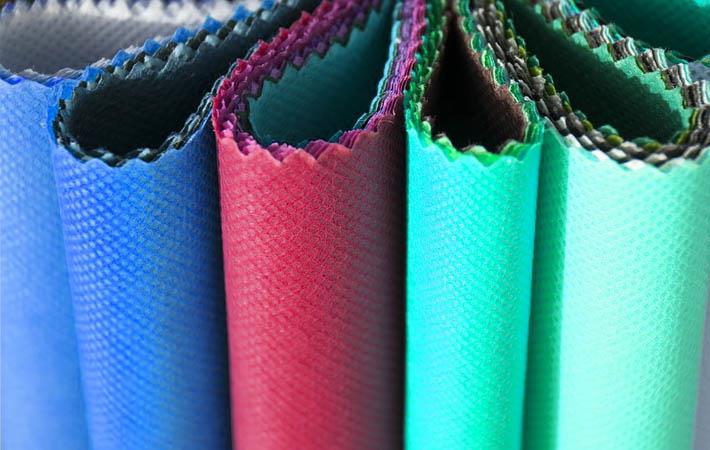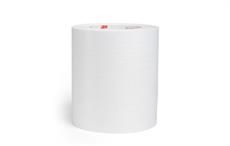Foreign producers of technical textiles and nonwovens operating in Russia have urged President Vladimir Putin to block a new federal bill, which reportedly poses a serious threat to their businesses. The bill introduced criminal responsibility for adhering to US and European Union (EU) sanctions against Russia by all US and EU producers operating in Russia.
The bill was approved recently by the Russian parliament Duma. The new law implies producers need to be cautious in their business in Russia and will have to at least avoid long-term contracts with their local suppliers and other Russian partners, according to a report in a British website dedicated to textile industry news.Foreign producers of technical textiles and nonwovens operating in Russia have urged President Vladimir Putin to block a new federal bill, which reportedly poses a serious threat to their businesses. The bill introduced criminal responsibility for adhering to US and European Union (EU) sanctions against Russia by all US and EU producers operating in Russia.#
All technical textiles and nonwoven producers, operating their own production facilities in Russia, have a wide range of local suppliers. Most have been working in Russia for almost 30 years.
Many of these suppliers are controlled by large vertically integrated holding firms whose top management and shareholders are on the US and EU sanctions list.
Any Russian blacklisted company can force any foreign business to deal, threatening to file a complaint with the law enforcement agencies. In a joint statement, representatives of producers, mainly from Germany and the United States, said the adoption of this bill is categorically intolerable as it contradicts the position of the President Putin, who is against excessive criminal liability for entrepreneurs.
Western manufacturers of machinery who supply to Russian technical textiles and nonwovens producers are also under a threat under the new law, as their refusal to supply their products to any Russian company from the sanctions list may result in the initiation of criminal proceedings against them in Russia. That may turn a reason for many of these companies to suspend cooperation with their Russian partners.
In contrast to the domestic technical textiles and nonwoven industries, where the share of domestic producers has significantly increased in recent years, most Russian consumer goods based on nonwovens, is still controlled by foreigners.
A Russian Government spokesman said the petition is likely to be considered soon. (DS)
Fibre2Fashion News Desk – India


